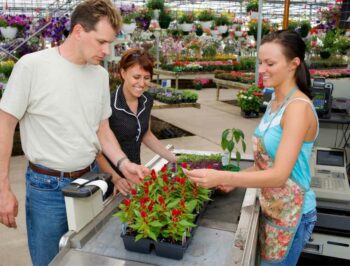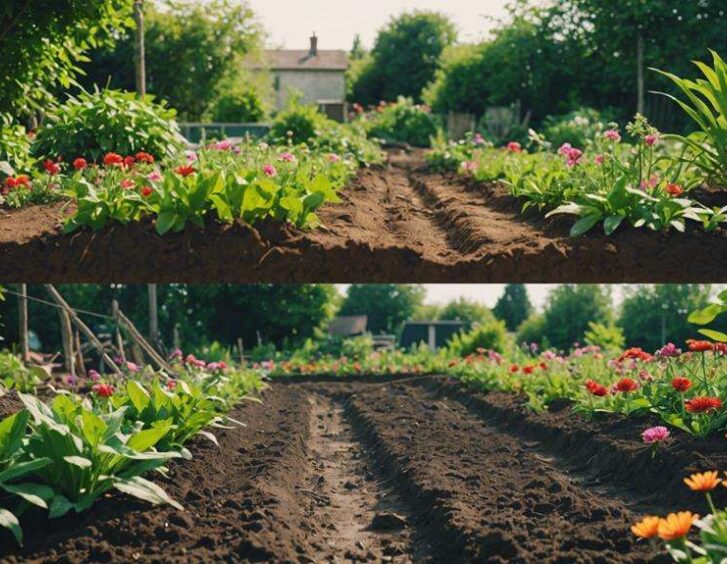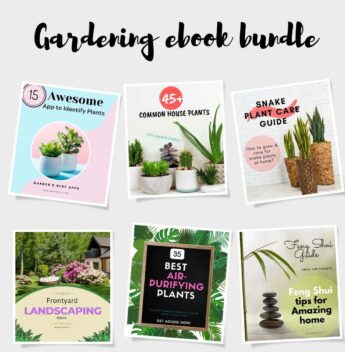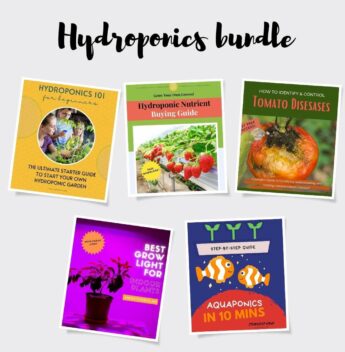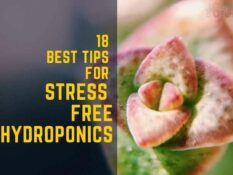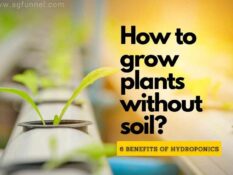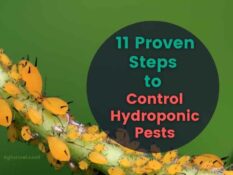When you sterilize compost, you're playing a delicate balancing act between eliminating pathogens and preserving beneficial microorganisms that are vital to a healthy garden ecosystem. Sterilization can eradicate harmful pathogens, but it also risks harming beneficial microbes. Heat treatment is a safer option for the environment and soil microbiome, while chemical treatment can have long-term negative effects. To maintain a balanced soil ecosystem, it's important to weigh the benefits of sterilization against its risks. As you navigate the complexities of compost sterilization, you'll uncover the importance of preserving beneficial microbes in creating a thriving garden.
Key Takeaways
• Sterilizing compost can harm beneficial microorganisms, disrupting the soil's delicate microbial balance and potentially causing more harm than good.
• Heat treatment, a safer method, can still alter compost's microbial composition and create a blank slate, making plants more susceptible to diseases.
• Chemical sterilization methods can persist in soil, disrupting microorganism balance, leading to soil degradation and reduced fertility.
• The risks of sterilization often outweigh the benefits of pathogen removal, as it can create an environment conducive to disease.
• Maintaining a balanced soil microbiome through unsterilized compost is crucial for a self-sustaining garden ecosystem and disease protection.
Compost Sterilization Methods
When deciding to sterilize your compost, you must carefully consider the two primary methods available: heat treatment and chemical treatment, each with its own set of benefits and drawbacks.
Heat treatment involves heating the compost to a high temperature, usually around 130°F to 140°F, to eliminate pathogens and weed seeds. This approach is generally regarded as safer for the environment and the microbiome of your soil.
In contrast, chemical treatment entails the use of chemicals to eradicate pathogens, but this approach can damage beneficial microorganisms in the soil. It's crucial to evaluate the advantages and disadvantages of each method thoroughly before reaching a decision.
Keep in mind that sterilization should only be carried out when necessary, as it can negatively impact the beneficial microbes in your compost.
Soil Microbe Balance
As you work towards creating a thriving garden ecosystem, maintaining a delicate balance of soil microbes is essential to fostering a healthy environment where beneficial organisms can flourish.
You'll want to make sure that your compost is teeming with these beneficial microbes, which protect plants from diseases and aid in nutrient absorption.
A balanced soil microbiome is vital for a self-sustaining garden ecosystem.
When you add unsterilized compost to your soil, you're introducing beneficial microbes that will help combat pathogens and promote plant growth.
Pathogen Removal Risks
You risk destroying the beneficial microbial balance in your compost when you attempt to remove pathogens through sterilization. This process can harm the very microorganisms that support plant growth and health.
Sterilization can disrupt the delicate balance of microorganisms, allowing pathogens to thrive. You may end up creating an environment that's more conducive to disease, rather than preventing it.
Additionally, sterilization can also reduce the compost's ability to fight off future pathogens, making it less effective in the long run.
Heat Treatment Effects
Heat treatment, a popular sterilization method, can greatly alter the compost's microbial composition, potentially disrupting the delicate balance of beneficial microorganisms.
As you consider heat treatment for your compost, it's vital to understand its effects on the microbial ecosystem. You might be killing off pathogens, but you're also risking the destruction of beneficial microbes that protect your plants from diseases.
When you heat-treat compost, you're basically creating a blank slate, which can lead to an imbalance in the soil microbiome. This, in turn, can make your plants more susceptible to diseases and reduce their overall immunity.
It's important to weigh the benefits of heat treatment against the potential risks to your soil's ecosystem.
Chemical Sterilization Dangers
Chemical sterilization methods can pose a significant threat to your compost's ecosystem, potentially annihilating the very beneficial microorganisms that make your soil thrive. When you use chemical sterilants, you're not just killing pathogens, but also the good guys that help your plants grow strong and healthy.
These chemicals can persist in the soil, affecting the entire ecosystem and disrupting the delicate balance of microorganisms. This can lead to soil degradation, reduced fertility, and increased susceptibility to diseases.
Microbe-Rich Compost Benefits
In addition to embracing microbe-rich compost, you're not only creating a thriving soil ecosystem but also revealing a multitude of benefits that can revolutionize your gardening experience. You'll be providing your plants with a strong defense system, as beneficial microbes protect them from diseases and pests.
These microbes also aid in nitrogen fixation and mineralization, promoting healthy plant growth. Additionally, microbe-rich compost enhances soil structure, increases water retention, and supports biodiversity.
Healthy Soil Indicators
You can gauge the health of your soil by checking for certain indicators, such as earthy aromas, robust root growth, and an abundance of earthworms. These signs suggest a thriving ecosystem, teeming with beneficial microorganisms.
Earthy aromas indicate the presence of these microbes, which break down organic matter and recycle nutrients. Robust root growth is a sign of healthy plant development, while earthworms are a clear indicator of a balanced ecosystem.
Additionally, look for dark, crumbly soil with good structure, as this allows for best water infiltration and aeration. By monitoring these indicators, you can confirm your soil is supporting a vibrant, self-sustaining ecosystem.
Composting Best Practices
To guarantee a thriving compost pile, start with the right mix of 'green' materials, like food scraps and grass clippings, and 'brown' materials, like dried leaves and shredded newspaper. Aim for a mix of 2/3 brown materials and 1/3 green materials.
Add water to keep the pile moist, like a damp sponge. Turn the pile regularly to secure oxygen flow and speed up decomposition. Monitor the temperature, which should reach 130-140°F (54-60°C) to kill pathogens.
Don't overdo it - too much turning can slow down the process. By following these best practices, you'll create nutrient-rich compost that'll make your plants thrive.
Remember to be patient, as composting takes time. With a little effort, you'll be rewarded with a natural, chemical-free fertilizer for your garden.
Soil Ecosystem Balance
As you work towards creating a thriving garden, maintaining a delicate balance within the soil ecosystem becomes essential, since it directly impacts the health and resilience of your plants.
You want to nurture a soil environment where beneficial microbes thrive, supporting plant growth and immunity.
Unsterilized compost helps achieve this balance by introducing beneficial organisms that combat pathogens and promote nutrient cycling.
By doing so, you'll create a self-sustaining ecosystem where plants coexist harmoniously with microorganisms.
This balance is vital, as an imbalance can lead to soil degradation and reduced plant performance.
Natural Pest Control
Natural pest control strategies, like introducing beneficial insects or using neem oil, can effectively deter garden pests without harming the soil microbiome.
You can attract beneficial insects, such as ladybugs or lacewings, which prey on common garden pests.
Neem oil, derived from the seeds of the neem tree, disrupts pest hormonal systems, preventing them from reproducing.
Another approach is to use physical barriers, like fine mesh or fine-netted bags, to protect plants from pests.
You can also plant pest-repellent herbs, such as basil or mint, alongside your crops.
Frequently Asked Questions
Can I Reuse Compost From Last Year's Garden Without Re-Composting?
You're wondering if you can reuse last year's compost without re-composting. The answer is, it depends.
If the compost was properly made and stored, it might still be rich in beneficial microbes. However, it's essential to check its quality and smell.
If it looks and smells good, you can reuse it. But if it's contaminated or smells bad, it's best to re-compost or start fresh to avoid harming your plants.
How Often Should I Turn My Compost Pile to Prevent Anaerobic Conditions?
You should rotate your compost pile regularly to prevent anaerobic conditions, which can lead to unpleasant odors and harm beneficial microbes. Aim to rotate it every 7-10 days, or when the pile starts to heat up or smell bad. This guarantees oxygen flow and helps break down organic matter efficiently.
Rotating the pile also helps maintain the right carbon-nitrogen ratio, creating a rich, nutrient-dense compost for your garden.
Are All Commercially Produced Composts Created With Sterilization Methods?
You might assume that all commercially produced composts are created with sterilization methods, but that's not entirely true.
While some commercial composts may undergo sterilization, most reputable producers carefully monitor their composting processes to maintain soil health. They understand the importance of preserving beneficial microorganisms, which are essential for a thriving garden ecosystem.
In fact, many commercial composts are made using natural methods that promote beneficial microbes, ensuring a high-quality product for gardeners like you.
Can I Add Weeds With Seeds to My Compost Pile Without Spreading Them?
You're wondering if you can add weeds with seeds to your compost pile without spreading them. The answer is, it's not recommended. Weed seeds can survive the composting process and end up in your garden, causing more problems.
Instead, consider disposing of weeds with seeds in a sealed bag or by solarizing them in a clear plastic bag. This will help prevent the spread of invasive species and keep your garden healthy.
Will Adding Compost to My Garden Beds Attract More Pests and Rodents?
You're wondering if adding compost to your garden beds will attract more pests and rodents. Don't worry, compost isn't typically a pest magnet.
In fact, it can even help reduce pest issues by promoting a healthy, balanced ecosystem. Compost-rich soil fosters beneficial microbes, which can outcompete pests and diseases, making your garden a less appealing spot for unwanted visitors.

